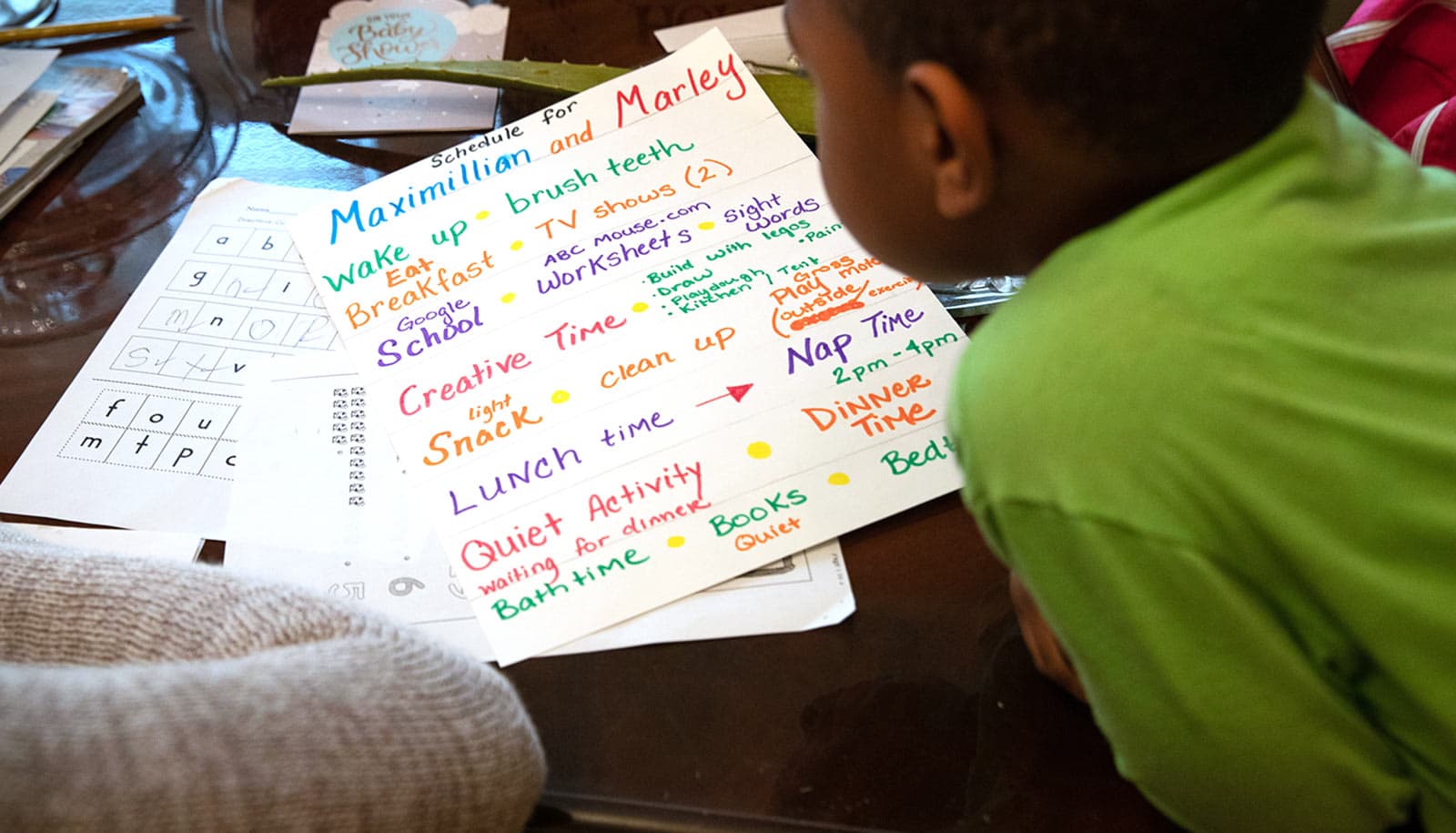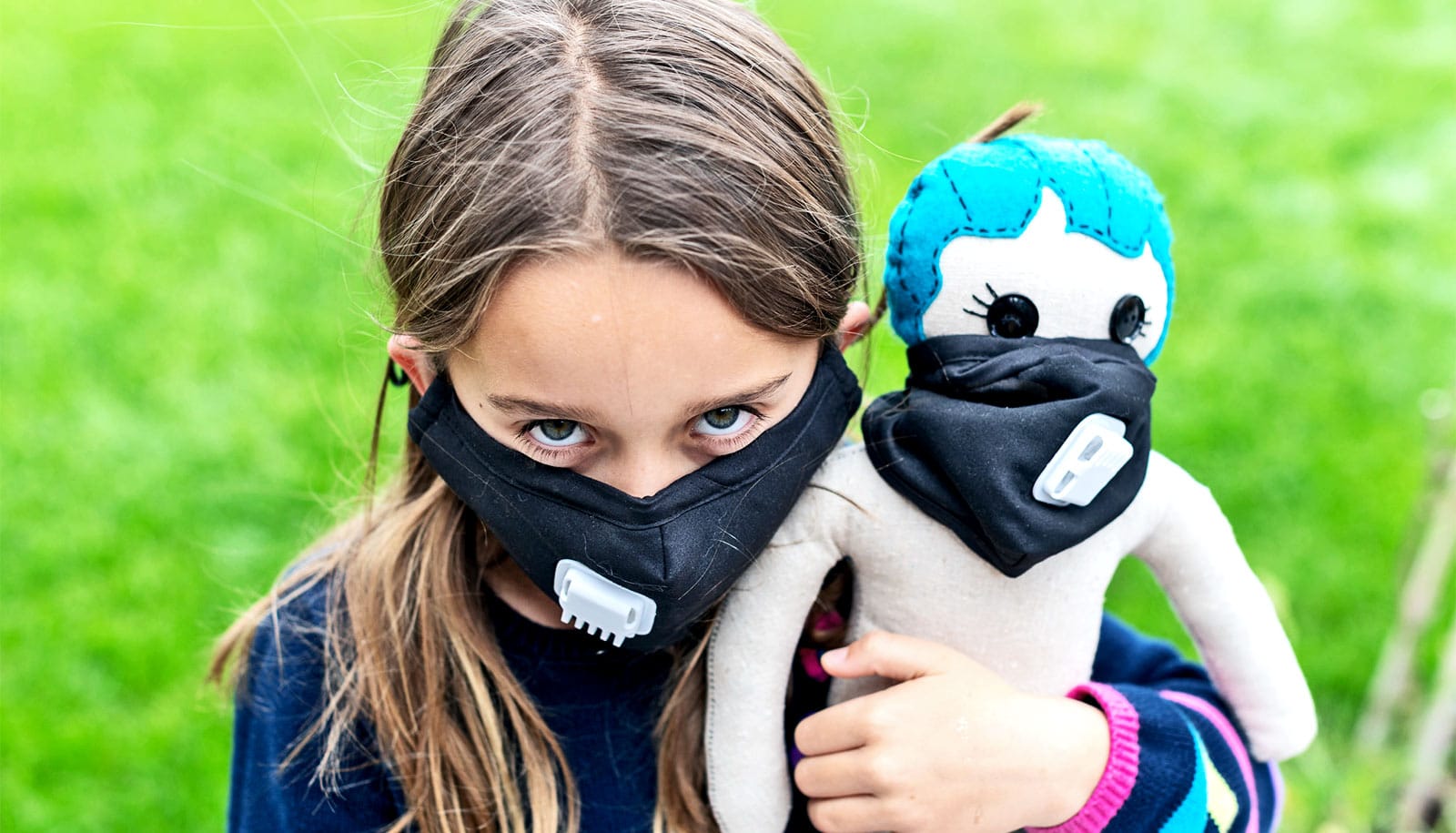Having kids wearing a mask doesn’t have to be a daily battle, says a nursing expert.
Masks are an important school supply this year, especially if local school districts are planning on having in-person classes and activities this fall.
“This is new to them, so be patient as they adjust and learn.”
Meg Sorg, a clinical assistant professor and a board-certified pediatric nurse practitioner in Purdue University’s College of Health and Human Sciences, says now is the time for kids to practice wearing a mask, especially if the school district has delayed the start of the school year.
Parents need to stay updated on the requirements issued by states, school districts, and communities regarding face coverings, says Sorg, herself the mother of four children, including two in elementary school.
According to the Centers for Disease Control and Prevention, children ages two and older can safely wear cloth masks or face coverings; those under two should not wear masks or coverings due to suffocation risks.
Parents and caregivers should talk using age-appropriate terms to children frequently about the reasons for and importance of wearing a mask.
Allowing children to pick out or decorate their masks is one way to get more support.
“Toddlers want to do everything themselves, so showing them how to correctly put on their mask and then letting them do it themselves can help increase the appeal of wearing it,” Sorg says.
“Preschool children are great imitators, so they’re likely to follow examples set by parents or older siblings. School-aged children are all about rules, so explain to them that mask-wearing is a new rule they must follow.”
Allowing children to pick out or decorate their masks is one way to get more support.
Once the child has a mask, be sure to have the child practice keeping the mask on over their nose and keeping hands off of their face. It’s important to show the child how to properly remove the mask, as well as washing hands before and after placement or removal.
“It’s important as we go through this time to remember to point out and compliment them for correct practices. This is new to them, so be patient as they adjust and learn,” Sorg says.
Source: Purdue University



